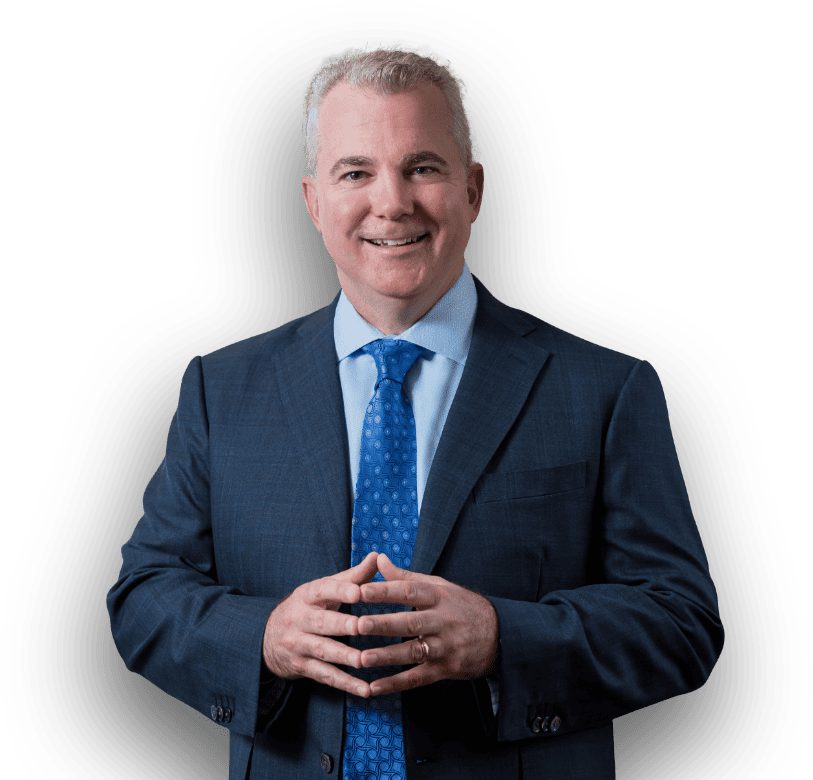Hernando Mom Wants to Change Wrongful Death Law
According to Bay News 9, Hernando County resident Linda Porter describes her now-deceased son as a “wonderful kid” and a “very accomplished lead guitarist.” At 38 years of age, Pete Thomas had toured across the United States with various groups as a guitarist and enjoyed professional success as a sound technician. That is why his sudden and unexpected death in 2004 left his mother devastated. In 2004, Thomas was admitted to a New Port Richey hospital after complaining of abdominal pain. Over the next hour and one-half, medical professionals at the hospital administered a number of narcotic and other medications to Thomas in order to treat his symptoms. According to Porter (who is herself a trained nurse), the combination of medications caused her son to go into respiratory arrest. Although doctors were able to resuscitate Thomas, he was unable to breathe on his own. He would eventually slip into a coma and die several weeks later when his family decided to terminate life support. Thomas was unmarried and had no surviving children at the time of his passing. Although Thomas’s life was ended, his mother’s struggles were far from over.
Florida’s Wrongful Death Law Prevents Porter’s Recovery of Compensation
Porter believed strongly that medical negligence was to blame for her son’s death. She claimed many of the medications administered to Thomas before his death had the potential to cause respiratory depression as a side effect. Porter sought to file a wrongful death lawsuit against the healthcare providers she believed were responsible for her son’s death. It was then that Porter received a second shock: Because Thomas was an adult, under Florida’s Wrongful Death Act Porter could not (as his parent) recover damages for her own pain and suffering. This (essentially) denied Porter the opportunity to hold the healthcare professionals whom she believed were responsible for her son’s death accountable for the full extent of injuries and damages their allegedly negligent actions caused.
Florida’s Wrongful Death Act and Its Limitations
At issue in Porter’s case is Florida’s Wrongful Death Act, which describes when wrongful death actions can be brought by an individual and what compensation is typically available. The Act is far from straightforward and contains numerous intricate exceptions and limitations. The limitation applicable in Porter’s case held that:
● A parent may not recover compensation;
● For the parent’s own pain and suffering;
● For the wrongful death of the parent’s child;
● Resulting from medical negligence;
● If the child was over the age of 25 years at the time of his or her death.
This powerful exception was included as the result of healthcare and medical malpractice reform lobbyists who sold the exception to legislators as a way to keep healthcare costs low. While the effectiveness of this limitation is debatable, what is beyond controversy is that parents of adult children are absolutely precluded from seeking compensation for their own pain and suffering that the wrongful death of their child has caused them. Parents in this situation are only able to seek:
● The value of the decedent’s lost support and services (past and present); and
● Medical and funeral expenses incurred by the parents on behalf of the deceased adult child.
Porter has now launched her own crusade to persuade lawmakers to amend the Wrongful Death Act so that individuals like her are able to recover full and fair compensation that addresses their physical, mental, and emotional losses.
Basics of a Florida Wrongful Death Act
A wrongful death action is a negligence-type lawsuit brought on behalf of a decedent whose death was caused by the negligent or careless actions of another person. Generally speaking, a successful wrongful death action can allow the “plaintiffs” in such cases – usually the representative of the decedent’s estate and/or the decedent’s survivors – to recover compensation that includes (
according to Florida law):
● The lost income and wages of the decedent (that is, wages or earnings that the decedent lost between the time of the accident and his or her death);
● The lost future earnings of the decedent (in other words, the wages or earnings that the decedent could have been expected to earn over the course of his or her lifetime had he or she not suffered the fatal injury);
● Mental pain and suffering experienced by the survivors;
● Any pain or suffering experienced by the decedent after the injury but before his or her death (if, for example, the decedent lived for a period of time before he or she died);
● The cost of medical treatment incurred on behalf of the decedent prior to his or her death (this may include things like ambulance costs, emergency medical treatment and emergency room costs, and the cost of any hospital stay between the time the decedent was injured and the time he or she died); and
● Funeral and burial costs incurred on behalf of the decedent.
As mentioned above, however, the Wrongful Death Act is replete with numerous exceptions and limitations that affect not only the type and amount of damages that can be recovered but also the class of persons that can recover compensation at all. Until such time as Linda Porter’s campaign to change the law – or another similar campaign – is successful, Florida wrongful death plaintiffs will need to continue navigating a complex system in order to obtain (in some cases) limited compensation.
Where You Can Turn for Help with Your Florida Wrongful Death Lawsuit
When a loved one has been taken from you suddenly as the result of another person’s careless or reckless mistake, you may be entitled to compensation through a Florida wrongful death lawsuit. Knowing your precise rights and how to exercise them, however, can be confusing. The experienced and compassionate attorneys at the Brookville-based Holliday Karatinos Law Firm, PLLC are able to assist you in understanding what can – and what cannot – be accomplished through a Florida wrongful death lawsuit. Our attorneys are intimately familiar with the Florida Wrongful Death Act and are equipped to help you exercise your legal rights.
Contact Holliday Karatinos Law Firm, PLLC today by phone or through the firm’s website for quick and effective assistance.
James Wayne Holliday
James Wayne Holliday has been practicing law since 1995. He has been named as a “Best Attorney” Lifetime Charter Member in Florida, an honor awarded to less than one percent of the nation’s lawyers.
Mr. Holliday has earned a reputation as a relentless trial lawyer because of his outstanding work ethic and thorough preparation of his cases for trial.
Author's Bio









